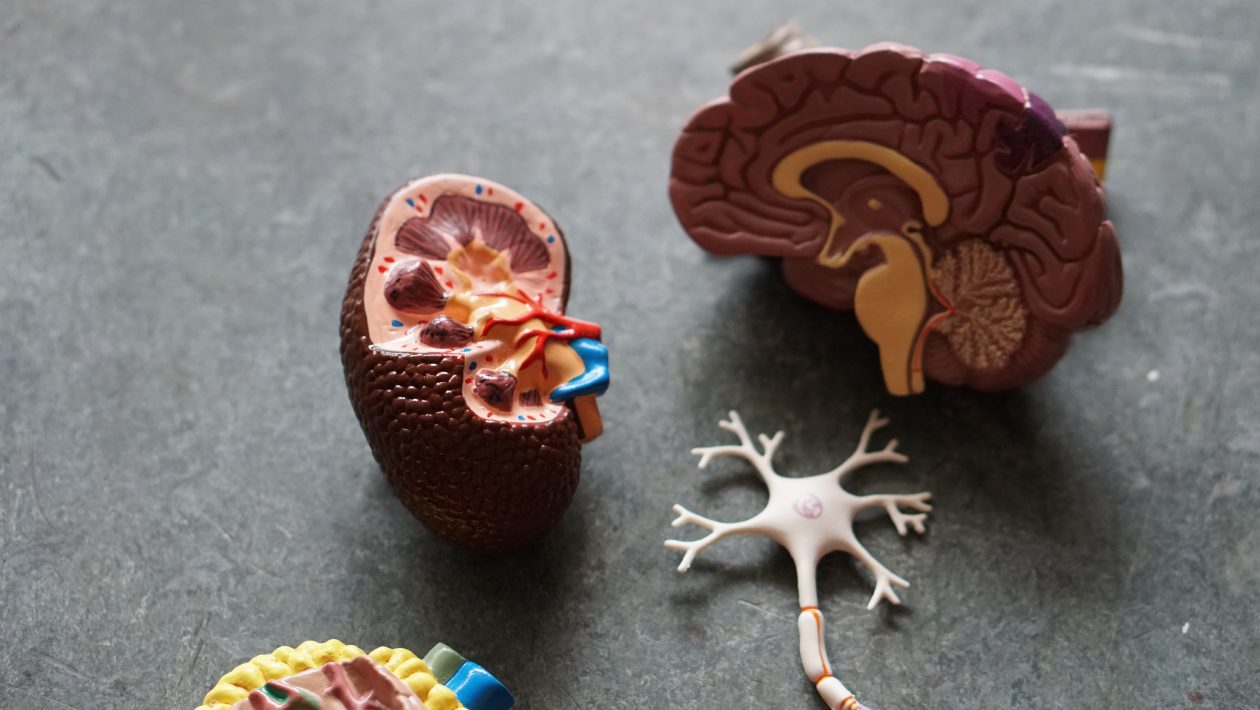In the realm of neurodegenerative diseases, finding effective treatments has always been a challenging endeavor. Enter Dihexa, an experimental drug initially developed to combat such disorders, particularly Alzheimer’s disease. Being a nootropic, Dihexa’s potential extends beyond treating diseases; it could also enhance cognitive functions in healthy individuals. The drug’s unique mechanism, which stimulates synapse formation, is central to its appeal, shedding light on its potential benefits across various neurological conditions.
This article presents four reasons to consider Dihexa peptide, including its potential for treating Alzheimer’s, aiding in Parkinson’s disease, promoting recovery from spinal cord and nerve damage, and assisting in stroke recovery and prevention.
An Up-Close Look at Dihexa
Dihexa is a formidable drug initially designed to combat neurodegenerative diseases such as Alzheimer’s disease. Its importance is highlighted by its classification as a nootropic, a group of substances that can improve cognitive functions. Dihexa peptide is gaining attention in the fields of neuroscience and pharmacology because of its special quality to enhance the creation of synapses, which are important links between nerve cells that enable communication and information transfer.
The roots of Dihexa can be traced back to research efforts devoted to identifying effective treatments for Alzheimer’s disease. By manipulating angiotensin IV – a natural compound present in the body – scientists at Washington State University manufactured Dihexa, which exhibited tremendous potency surpassing prior compounds. Nevertheless, it should be noted that despite its potential, Dihexa remains experimental and awaits approval from regulatory bodies like the FDA.
The allure of Dihexa lies primarily in its potential to enhance cognition. Its capacity to facilitate synapse formation leads many to believe it could bolster memory and cognitive abilities in patients with neurodegenerative diseases and benefit healthy individuals.
-
Dihexa May Hold Promise For Alternative Alzheimer’s Treatment
Dihexa was initially formulated to aim to combat neurodegenerative diseases like Alzheimer’s. These illnesses are marked by progressive neuron deterioration, including cell death itself. They frequently cause significant cognitive impairments that can adversely affect one’s quality of life. Alzheimer’s specifically deserves mention for its reputation as a pervasive catalyst behind memory loss and confusion. In response, Dihexa became a potential treatment to mitigate and potentially slow down these debilitating effects.
Its primary mode of action revolves around its ability to activate synapse production. Synapses are central junctions where neurons intersect and interact, acting as crucial conduits for communication and information transmission in the brain. In the face of Alzheimer’s and other neurodegenerative diseases, these synapses often degrade, leading to cognitive decline.
Dihexa peptide may possess the capacity to decelerate this decline and partially preserve cognitive function by fostering synapse formation. The full extent of its effects and comprehensive safety profile are still not fully understood, so a healthcare professional should strictly guide Dihexa use.
-
Dihexa May Help in the Fight Against Parkinson’s Disease
Parkinson’s disease is a condition that impacts the brain and damages the nerve cells responsible for producing dopamine, a chemical that is essential for controlling smooth muscle movements. Consequently, individuals may experience tremors, stiffness, and balance issues. Interestingly, evidence suggests that Dihexa may help those living with Parkinson’s disease, which could be linked to Dihexa’s capacity to enhance synapses, or connections between nerve cells, within the brain.
Dihexa may help alleviate certain Parkinson’s symptoms by improving communication between cells. Additionally, it can activate the body’s HGF/c-Met system, which protects existing brain cells and promotes the growth of new ones. In studies utilizing models replicating Parkinson’s disease conditions, activation of this protective system has shown improvements in behavior and reduced brain cell death rates. When combined with Angiotensin IV, Dihexa peptide exhibits the potential to slow down Parkinson’s disease progression by bolstering dopamine production.
-
Dihexa is a Potential Aid To Spinal Cord Injury
Several studies suggest that Dihexa may offer a promising solution for severe nervous system injuries such as spinal cord damage or nerve injury. This compound holds promise in its capability to treat these crippling conditions by activating HGF within our bodies.
One specific disorder impacted by these injuries is amyotrophic lateral sclerosis (ALS). This progressively degenerative disease inflicts injury upon the spinal cord, gradually worsening over time and resulting in substantial damage. Patients afflicted with advanced stages of ALS often face disruption within their neurons’ HGF system, which paves the way for further deterioration and eventual demise of spinal motor neurons.
However, evidence suggests that Dihexa peptide may potentially thwart such outcomes, effectively decelerating disease progression. Animal models have also yielded promising findings surrounding Dihexa’s role in tackling spinal cord and nerve damage. In one study, researchers observed expedited functional recovery among animals suffering from spinal cord injury after being administered Dihexa treatment.
Another experiment involving rats inflicted with sciatic nerve damage (originating from the spinal cord) demonstrated improved limb function recovery through injection and hydrogel modalities of Dihexa administration.
-
Dihexa is a Promising Aid in Stroke Recovery and Prevention
The process of recovering from a stroke can be quite challenging and time-consuming. However, promising evidence suggests that Dihexa may aid in expediting this recovery. Research has indicated that Dihexa can activate HGF, a substance within our bodies associated with enhanced recovery after a stroke.
Acute strokes cause damage by reducing blood flow to the brain, leading to a condition called acute cerebral ischemia. This condition deprives brain tissue of necessary oxygen and nutrients. Fortunately, Dihexa peptide, being connected to Angiotensin IV peptides, exhibits the potential to shield the brain against this harmful condition by increasing blood flow to the brain.
This action could even help prevent strokes from occurring altogether. And if a stroke has already occurred, Dihexa may still prove beneficial. In studies involving rats who experienced a stroke due to a blocked cerebral artery, Dihexa was observed to prevent brain cell death—a common aftermath of strokes. This suggests that Dihexa could play an essential role in stroke recovery and prevention.
Wrap-Up: Dihexa Unlocks New Hope for Neurodegenerative Diseases
Dihexa peptide is an impressive experimental drug with immense potential for addressing neurological conditions. Initially designed to combat neurodegenerative diseases, it also shows promise in aiding Parkinson’s disease, treating spinal cord injuries, and assisting stroke recovery. The drug’s broad range of applications sets it apart from other nootropics due to its unique mechanism of action that stimulates synapse formation.
Dihexa peptide is an exciting prospect for future research endeavors. However, it is crucial to remember that while Dihexa holds promise, it remains in the experimental stages and should only be utilized under healthcare professionals’ guidance. The potential of Dihexa offers new hope for improved treatment options for individuals grappling with these debilitating conditions.





